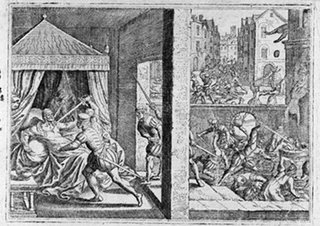Valentine's Law
[Rudolph Valentino and Vilma Banky in "The Son of the Sheik" (1926)]
Sweet comic valentine
You make me smile with my heart
Your looks are laughable
Unphotographable
Yet youre my favourite work of art
Is your figure less than greek
Is your mouth a little weak
When you open it to speak
Are you smart?
But dont change a hair for me
Not if you care for me
Stay little valentine stay
Each day is valentines day
Is your figure less than greek
Is your mouth a little weak
When you open it to speak
Are you smart?
But dont you change one hair for me
Not if you care for me
Stay little valentine stay
Each day is valentines day
[Rogers and Hart, 1937]


